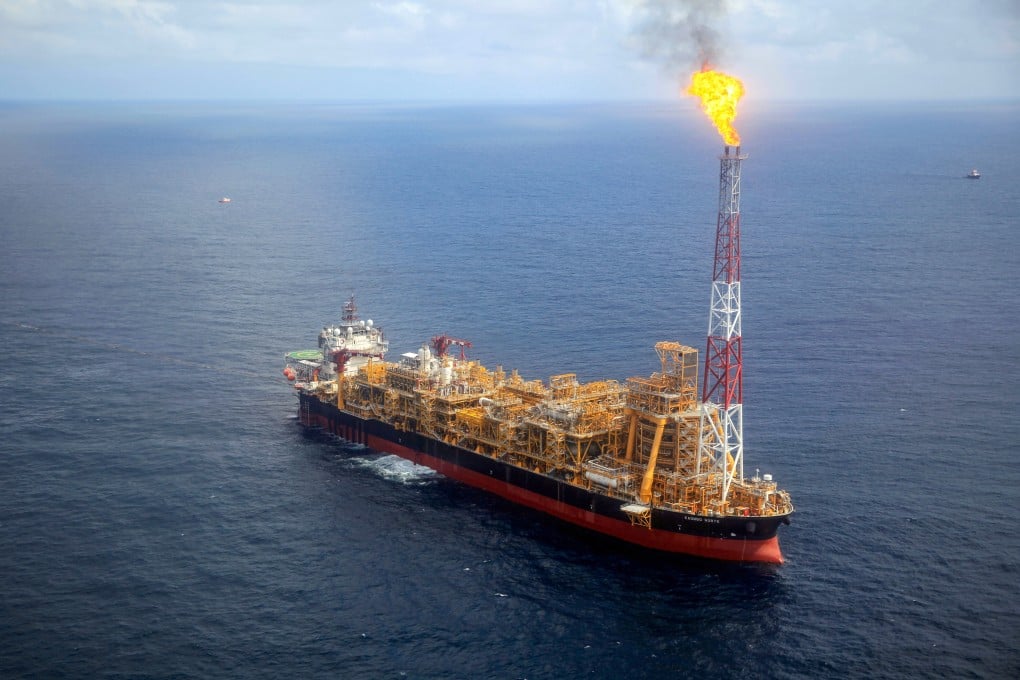Why Angola struggles to shake off its economic dependence on China
- The country is heavily indebted and relies on oil exports to China to pay off its loans – a strategy that has left it vulnerable to falling oil prices
- The government has been trying to diversify the economy and renegotiate debts, but for now it needs Beijing’s support

But four years in, his promises have not yielded much. The economy is still struggling and is expected to remain in recession in the near term, according to the International Monetary Fund. The country’s annual inflation rate increased to 26.6 per cent in September, the highest level since 2017.
Its heavily indebted economy is also reliant on China as a result of the oil-backed loans it signed as it tried to rebuild after the 26-year civil war ended in 2002.
Angola has borrowed US$42.6 billion from Chinese lenders – around a third of China’s total lending to African countries between 2000 and 2019 – which it repays in the form of oil shipments.
Oil makes up 90 per cent of the country’s exports, which leaves it vulnerable whenever oil prices fall.
Angola’s troubles can be traced to the deep economic crisis as a result of the downward cycle in oil prices since 2014 and Covid-19 has only exacerbated the problem.
